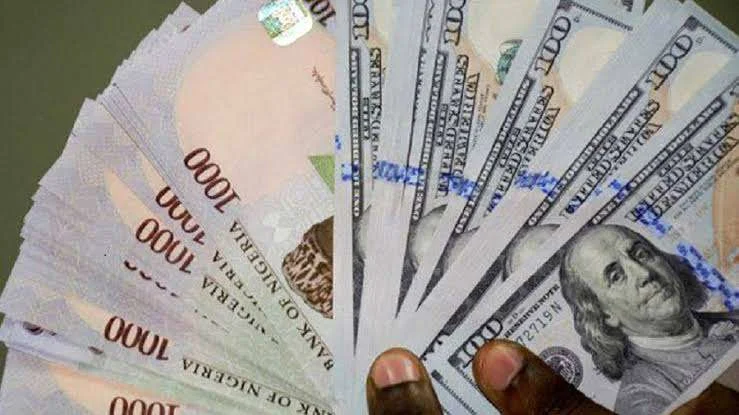Egypt’s central bank is gearing up for a significant move in its debt strategy, scheduling an auction for $950 million worth of one-year dollar-denominated Treasury bills on Monday, December 1.
This latest offering signals Cairo’s ongoing efforts to stabilize its foreign reserves amid persistent economic pressures and a push for dollar liquidity in a challenging global landscape.
Why Now? Egypt’s Currency Crunch
Egypt has been battling a chronic shortage of hard currency for over two years, exacerbated by a tourism slump, Suez Canal disruptions from regional tensions, and a sharp drop in Suez revenues. The country’s reserves dipped below $35 billion earlier this year, forcing the central bank to intervene repeatedly in the forex market.
By issuing dollar T-bills, the Egyptian government aims to attract foreign investors seeking safe, short-term yields while bolstering dollar inflows without relying solely on loans from institutions like the IMF.
These bills, maturing in December 2026, will offer competitive rates — expected around 5-6% — to lure bids from international banks and funds.
The Mechanics of the Auction
The Central Bank of Egypt (CBE) will conduct the non-competitive auction through its primary dealers, allowing participants to submit bids via electronic platforms.
Minimum bid sizes start at $1 million, with full allotment anticipated given recent demand for similar instruments.
This follows a series of successful dollar bond issuances earlier in 2025, where Egypt raised over $3 billion to refinance maturing debt and fund imports. Analysts note the timing aligns with year-end liquidity needs, as global investors reposition portfolios ahead of 2026.
Broader Economic Play
For Egypt, these T-bills are more than debt tools — they’re a lifeline. With inflation hovering near 30% and the Egyptian pound devalued twice this year, the government is walking a tightrope between austerity measures and growth stimulus.
The auction could inject vital dollars for essential imports like wheat and fuel, easing pressure on the parallel market where the pound trades at a 20% premium.
Finance Minister Mohamed Maait hinted at the strategy last week, emphasizing “diversified funding sources to protect reserves.” If successful, this could pave the way for similar auctions in Q1 2026, potentially totaling $2 billion.
Investor Appetite and Risks
Demand for Egypt’s dollar paper remains robust among Gulf sovereign funds and European banks, drawn by yields above U.S. Treasuries. However, risks linger: geopolitical flare-ups in the Red Sea could spike shipping costs, while domestic unrest tied to subsidy cuts might spook investors.
As the auction approaches, eyes are on the CBE for any tweaks to yields or terms. For a nation balancing $160 billion in external debt, December 1 could be a small but crucial win in the long game of economic survival.




















